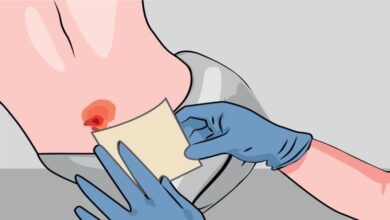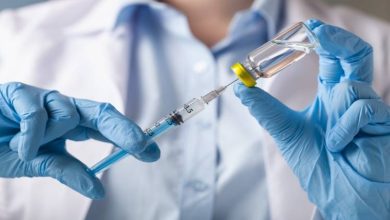The Role Of Psychiatrists In Addiction Recovery

Have you ever heard of Flowood bipolar disorder? Imagine a hurricane in your mind, sweeping away your balance and control. This is an all too real experience for many, and it’s just one of the battles psychiatrists help to wage against addiction. With a gentle touch and a keen understanding of the human psyche, these professionals guide patients through the storm. Their role in addiction recovery is like a lighthouse in a violent tempest, illuminating the path back home. Let’s delve into how they turn chaos into calm, one step at a time.
The Psychiatrist’s Toolbox
Imagine a carpenter. Would they try to build a house with only a hammer? No, they have a toolbox filled with various tools for different tasks. A psychiatrist is no different. They use medication, therapy, and lifestyle guidance – the three key tools in their toolbox. This multipronged approach helps to tackle addiction from all angles.
Medication: The First Step
Medication is often the first step. It’s a lifeline, pulling patients out of the deep waters of addiction. It’s not a cure-all, but it can stabilize the situation, giving the mind a chance to heal. It’s like a cast for a broken leg – it won’t teach you to walk again, but it’ll hold everything together while you heal.
Therapy: The Journey Continues
Next comes therapy, a vital part of the recovery process. This is where the real work begins. It’s about rebuilding, learning new ways to cope with stress, and rooting out the causes of addiction. It’s a journey, and it’s not always easy, but it’s an essential part of the healing process.
Lifestyle Guidance: The Path Forward
Finally, there’s lifestyle guidance. This is the map for the journey ahead. It’s about learning new habits, building a healthy lifestyle, and avoiding the triggers that can lead back to addiction. It’s not just about avoiding bad habits – it’s about creating a new way of living.
The Beacon of Hope
The psychiatrist’s role in addiction recovery is to be a beacon of hope. They’re there to guide patients through the darkest times and into the light of recovery. They’re the lighthouse in the storm, guiding patients back to safety. It’s a challenging role, but one that can change lives for the better.
So, when you hear about conditions like bipolar disorder, remember the heroes fighting the good fight. The psychiatrists who turn chaos into calm, one step at a time. The ones who guide patients through the storm and out the other side. They’re the unsung heroes of addiction recovery, and they deserve our gratitude.





